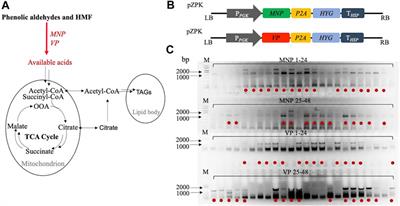ORIGINAL RESEARCH
Published on 11 Jan 2023
Biosynthesis of aliphatic plastic monomers with amino residues in Yarrowia lipolytica
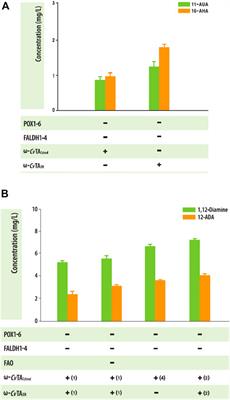
doi 10.3389/fbioe.2022.825576
- 1,965 views
- 1 citation
5,299
Total downloads
23k
Total views and downloads
You will be redirected to our submission process.
ORIGINAL RESEARCH
Published on 11 Jan 2023

ORIGINAL RESEARCH
Published on 19 Aug 2022
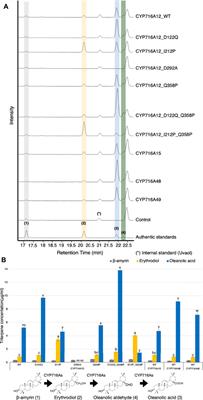
ORIGINAL RESEARCH
Published on 16 Feb 2022
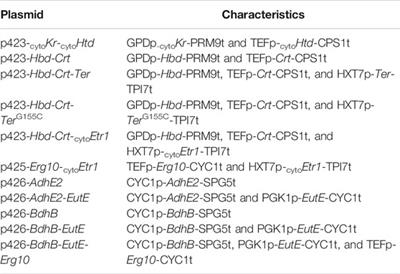
ORIGINAL RESEARCH
Published on 18 Jan 2022
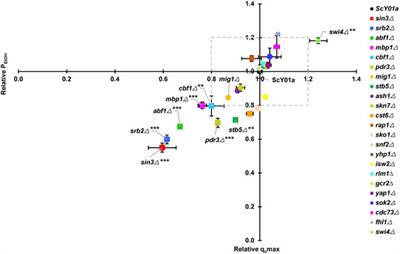
MINI REVIEW
Published on 11 Jan 2022
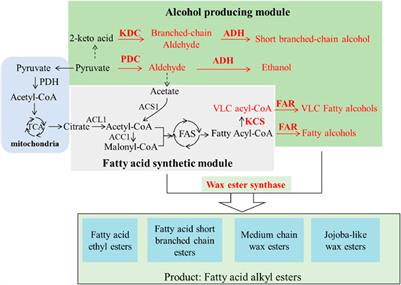
BRIEF RESEARCH REPORT
Published on 23 Nov 2021
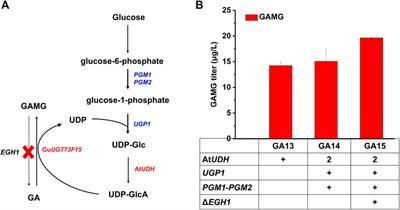
BRIEF RESEARCH REPORT
Published on 15 Nov 2021
